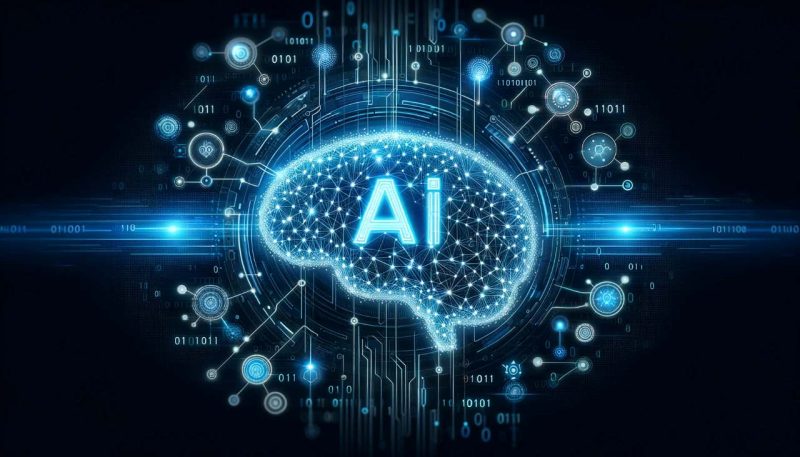
In a significant legal move in the world of tech and artificial intelligence, Elon Musk has initiated a lawsuit against OpenAI, the AI research company he co-founded, and its CEO, Sam Altman.
The lawsuit revolves around accusations that OpenAI and Altman have diverged from their foundational mission, which was to develop artificial intelligence technology for the benefit of humanity, emphasizing a not-for-profit approach. According to the allegations, the shift towards a profit-making model, particularly highlighted by the partnership with Microsoft, represents a breach of their original agreement. This change in direction has also led to criticisms regarding the secrecy surrounding the development of GPT-4, OpenAI’s latest AI model, which Musk’s lawyers argue contradicts the company’s initial commitment to open-source development.
Sam Altman, in response to Musk’s criticisms, has defended OpenAI’s strategies and operational decisions. Despite Musk’s assertions that OpenAI has become a “maximum profit company” heavily influenced by Microsoft, Altman insists that the organization maintains its independence from Microsoft and does not have Microsoft representation on its board. Altman also addressed Musk’s personal attacks, acknowledging Musk’s unique style and his genuine concern for the future of artificial general intelligence (AGI) and humanity. Despite their disagreements, Altman suggests that Musk’s critical stance stems from his apprehension about AI’s trajectory and its implications for society.
This lawsuit marks a pivotal moment in the relationship between two of the tech world’s most influential figures and underscores a broader debate about the direction of AI development. The outcome of this legal battle could have significant implications for the future of AI research and development, particularly concerning ethical standards, transparency, and the balance between innovation and profit.
